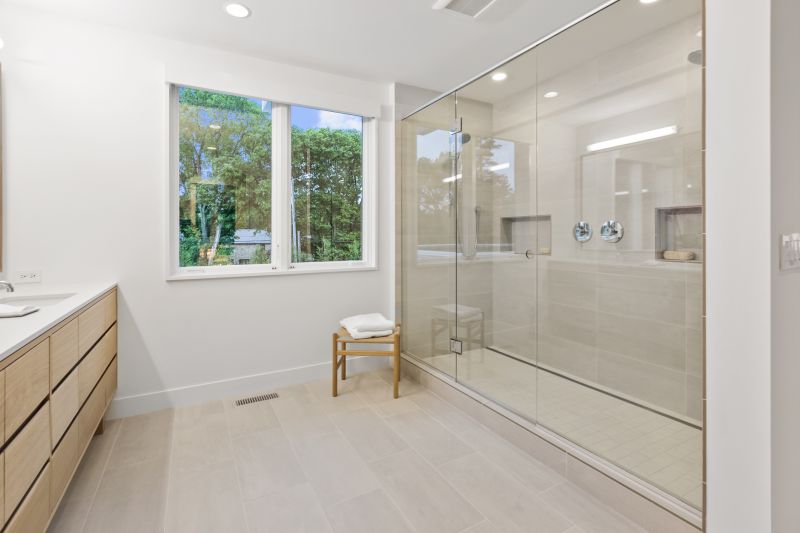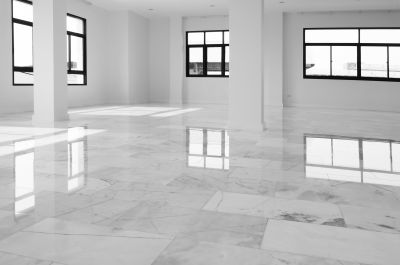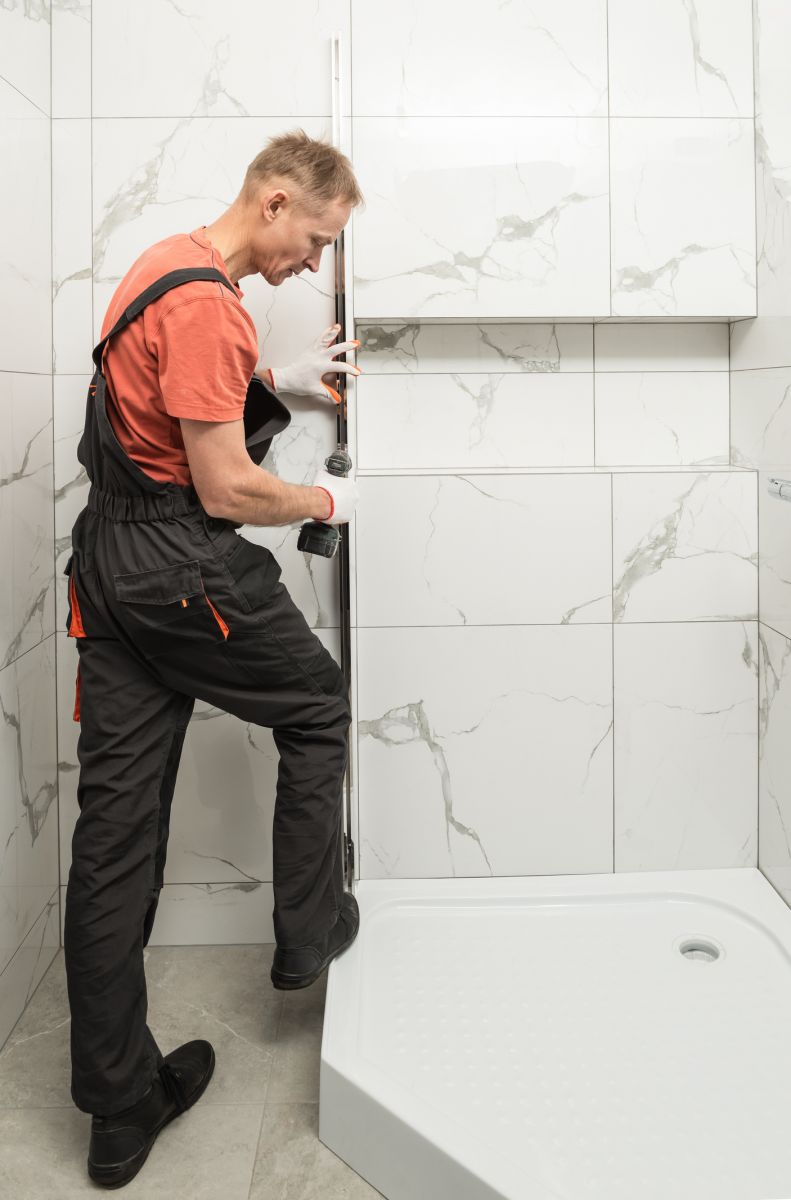Shower Floor Materials
Welcome to Aberdeen Showers
Exploring Shower Floor Materials for Your Home

Choosing the right shower floor material is an essential aspect of bathroom design and renovation. Homeowners in Aberdeen, North Carolina, and beyond have a variety of options, each offering unique attributes and benefits. The decision often hinges on factors like durability, aesthetics, maintenance, and compatibility with the overall bathroom decor.
One of the most popular choices for shower floors is ceramic or porcelain tile. These materials are renowned for their water resistance and versatility in design. Available in an array of colors, patterns, and textures, they can complement any bathroom style. Porcelain tiles, in particular, are denser and less porous than ceramic, making them an excellent choice for wet environments.
Natural stone tiles, such as marble, granite, or slate, provide a luxurious look and feel. While they require more maintenance to prevent staining and water damage, the unique patterns and textures of natural stone can add significant value and beauty to a bathroom. Sealing these tiles is crucial to maintain their appearance and longevity.
For a more modern and sleek appearance, glass tiles are an increasingly popular option. They reflect light and can make small spaces appear larger, a feature particularly beneficial in compact bathrooms. However, they can be slippery when wet, so choosing a textured finish or smaller tiles can enhance safety.
Composite materials, such as engineered stone or solid surface, offer a seamless look with fewer grout lines. These materials are typically non-porous, easy to clean, and resistant to mold and mildew. They can be custom-fabricated to fit any shower space, providing a tailored solution for homeowners seeking a contemporary aesthetic.
Vinyl and linoleum are budget-friendly alternatives that offer a wide range of colors and patterns. These materials are softer underfoot and provide a slip-resistant surface, making them a practical choice for families. While they may not have the longevity of tile or stone, they are easy to replace and maintain.
When selecting a shower floor material, consider the overall design of your bathroom, the level of maintenance you are willing to commit to, and the specific needs of your household. Additional factors such as slip resistance, ease of cleaning, and cost can also influence your decision.
- Durability and Water Resistance
- Design and Aesthetic Compatibility
- Maintenance and Upkeep
- Safety and Slip Resistance
- Installation and Customization Options
| Material | Finish | Dimensions |
|---|---|---|
| Ceramic Tile | Glossy/Matte | Various Sizes |
| Natural Stone | Polished/Honed | Custom Sizes |
| Glass Tile | Textured | Small Mosaic |
| Composite | Seamless | Custom Fabrication |
| Vinyl | Textured | Rolls/Tiles |
Ceramic Tile
Versatile and water-resistant, available in numerous designs.
Natural Stone
Offers a luxurious look with unique patterns, requires sealing.
Glass Tile
Reflects light, ideal for small spaces, choose textured for safety.
Comparative Analysis of Shower Floor Materials
Exploring Features, Durability, and Aesthetic Options for Shower Floors
When designing or renovating a bathroom, the choice of shower floor material is crucial for both functionality and aesthetics. Homeowners in Aberdeen, North Carolina, and beyond often weigh various factors such as durability, maintenance, and visual appeal when selecting the ideal material for their shower floors. This article provides a comparative analysis of popular shower floor materials, offering insights into their unique attributes and selection criteria.
Tile is a prevalent choice for shower floors due to its versatility and wide range of options. Ceramic and porcelain tiles are particularly popular for their water resistance and durability. They are available in numerous finishes and sizes, allowing homeowners to customize the look of their showers. However, the grout lines in tile floors require regular cleaning to prevent mold and mildew growth.

Natural stone, such as marble, granite, or slate, offers a luxurious appearance and unique textures that can enhance the elegance of a bathroom. While natural stone is highly durable, it often requires sealing to protect against water damage and staining. Homeowners should consider the additional maintenance involved in preserving the beauty of stone surfaces.
Acrylic and fiberglass shower floors are known for their affordability and ease of installation. These materials are lightweight and come in pre-formed units, making them a practical choice for quick renovations. While they offer a smooth surface that is easy to clean, they may not provide the same level of durability as tile or stone options.
For those seeking a more contemporary look, concrete shower floors can be an attractive option. Concrete offers a sleek, modern aesthetic and can be customized with various textures and colors. It is highly durable but requires sealing to prevent water absorption and cracking over time. The installation process can be more complex, requiring professional expertise to ensure a proper finish.
- Water Resistance
- Maintenance Requirements
- Aesthetic Versatility
- Installation Complexity
- Durability
When selecting a shower floor material, homeowners should consider the compatibility of the material with the overall bathroom design, as well as the level of upkeep they are willing to commit to. Each material offers distinct benefits and challenges, making it essential to assess personal preferences and lifestyle needs.
| Material | Finish | Dimensions |
|---|---|---|
| Tile | Glossy, Matte | Varies |
| Natural Stone | Textured, Polished | Custom |
| Acrylic/Fiberglass | Smooth | Standard Sizes |
| Concrete | Custom Textures | Custom |
Ultimately, the choice of shower floor material should align with the homeowner's aesthetic vision, practical needs, and budget considerations. By understanding the characteristics and requirements of each material, homeowners can make informed decisions that enhance the functionality and beauty of their bathroom spaces.
Selecting the Right Shower Floor Material for Your Home
Factors to Consider for Optimal Compatibility and Maintenance
Choosing the right shower floor material is crucial for both the functionality and aesthetic appeal of your bathroom. The material you select can greatly influence the durability, maintenance requirements, and overall look of your shower space. Homeowners in Aberdeen, North Carolina, should consider the local climate and typical home designs when making their choice. This article explores various materials available and their respective benefits and considerations.
One popular option is ceramic tile, known for its versatility and wide range of styles and colors. Ceramic tiles are water-resistant and relatively easy to maintain, making them a practical choice for many homeowners. They are available in different finishes, from matte to glossy, allowing you to match your shower floor with the rest of your bathroom decor. However, grout lines can require regular cleaning to prevent mold and mildew buildup.

Natural stone, such as marble or granite, offers a luxurious and timeless appearance. These materials are highly durable but can be more porous than ceramic, necessitating regular sealing to maintain their integrity. The unique patterns and colors of natural stone can add a distinctive character to your bathroom, though they may demand a higher level of upkeep.
For those seeking a modern and seamless look, solid surface materials might be the way to go. These materials are non-porous and can be custom-fabricated to fit any shower dimensions, providing a smooth and continuous appearance. They are also easy to clean, lacking the grout lines found in tiled floors. However, they can be more expensive and may require professional installation.
Another option is vinyl, which offers a cost-effective and low-maintenance solution. Vinyl is available in a variety of designs, including those that mimic the appearance of natural stone or wood. It's water-resistant and comfortable underfoot, making it a practical choice for families. While durable, vinyl may not offer the same longevity as tile or stone.
When selecting a shower floor material, consider factors such as slip resistance, ease of cleaning, and compatibility with your existing bathroom design. It's also important to think about the long-term maintenance needs and whether the material will withstand the humidity and temperature fluctuations typical of Aberdeen's climate.
- Water resistance
- Maintenance requirements
- Slip resistance
- Aesthetic compatibility
- Durability
| Material | Finish | Dimensions |
|---|---|---|
| Ceramic Tile | Matte, Glossy | Custom Sizes |
| Natural Stone | Polished, Honed | Custom Sizes |
| Solid Surface | Matte | Custom Sizes |
| Vinyl | Textured, Smooth | Sheet, Tiles |



